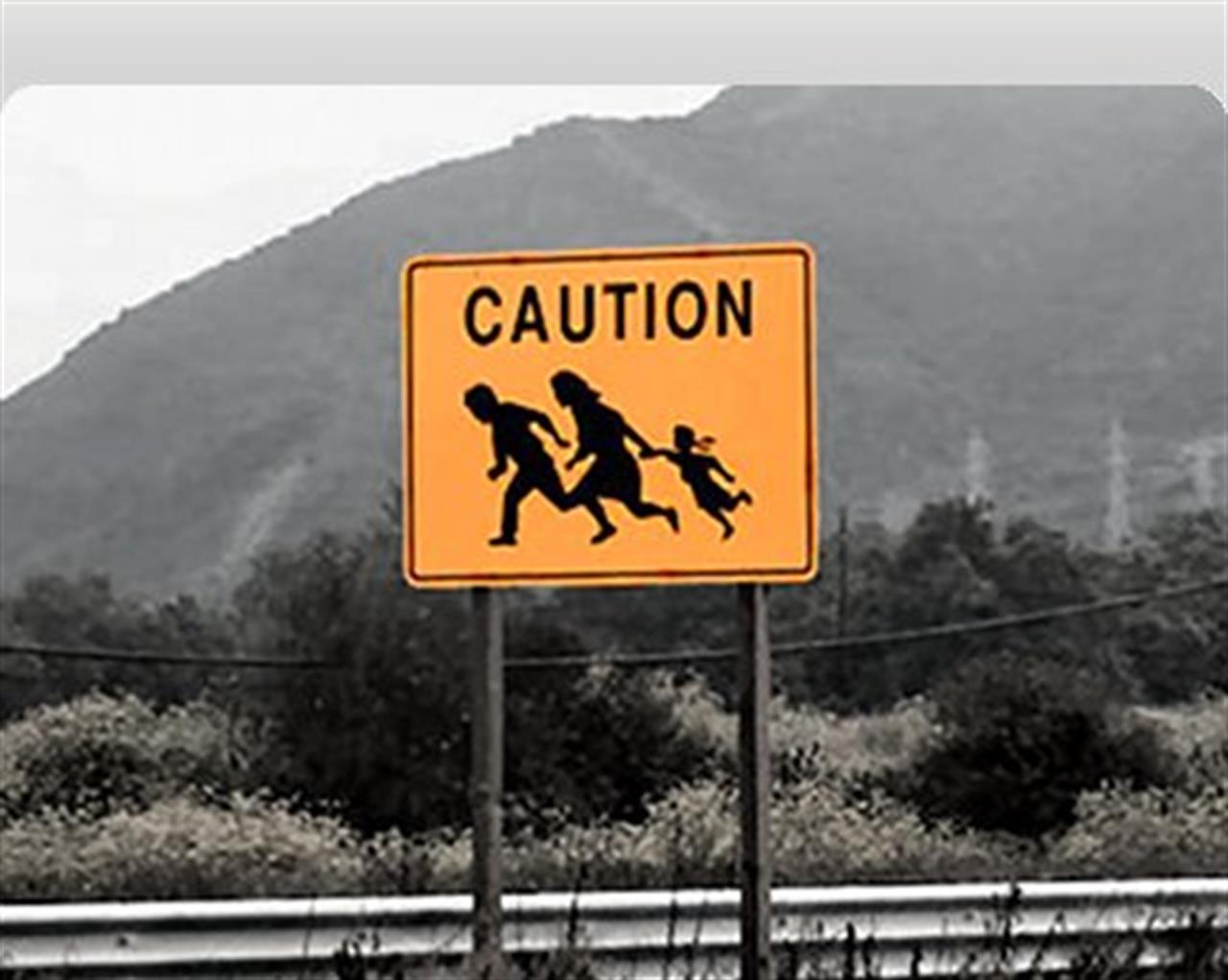Non profit
Migrants risk abuse and violence
International Migrants Day 2010. A Human Rights Watch report highlights the risks run by 215 million migrants
di Staff

A Human Rights Watch report released in view of International Migrants Day, celebrated every year on December 18, reveals that migrants are still among those at highest risk of abuse and among those least likely to have access to services or justice.
As highlighted by HRW’s “Rights on the Line” report, migrants make an important contribution to the international economy – World Bank estimates say that migrants sent home more than 333 billion euros in 2010, 250 billion of which to developing countries. United Nations figures say that 215 million people live outside their country of birth. And yet even though the migrant workforce helps to fuel economies across the world, they are often at risk of labour exploitation, violence, trafficking, mistreatment in detention and killing and because of the discriminating policies of many governments, it is hard for migrants to approach the authorities for help.
“Governments have begun to address abuse of migrant workers, including with strengthened employment contracts and labor law provisions,” said senior HRW researcher Nisha Varia. “But these reforms have been slow and incremental, and governments have fallen especially short when it comes to making sure migrants know about and benefit from such changes.”
Men, women, and children often risk their lives to cross borders, and may face abuse while in no-man’s lands between border checkpoints, on the high seas, or at the international zones of airports. Egyptian border guards shot dead at least 28 migrants attempting to cross the Sinai border into Israel in 2010. HRW research on Italy, Libya, Hungary, Slovakia, Ukraine, Greece, Spain, and the European Union documented border control policies that flout international standards, fail to screen and provide appropriate services for vulnerable populations such as unaccompanied children, asylum-seekers, and trafficking victims, or subject migrants to poor conditions in detention.
“Whether men, women, and children are crossing borders through appropriate channels or not, they should not lose their life in the process,” Varia said.
Racism and xenophobic violence against migrants are problems that governments are not only slow to tackle, but in some cases aggravate through discriminatory policies, said HRW. Migrants remain vulnerable to broad immigration policies, such as France’s highly publicized campaign to dismantle unauthorized Roma settlements and repatriate migrant Roma – mostly EU citizens – to their countries of origin.
Human Rights Watch called on governments to focus during 2011 on improving protections for migrants, including ratifying the International Covenant on the Rights of All Migrant Workers and Their Families.
The 48 page report goes into country-specific detail. Some of the highlights for HRW reporting on migrants to Europe in 2010 are:
France: France began a highly publicized campaign against Roma from Eastern Europe, forcibly evicting Roma living in unauthorized camps and returning migrant Roma, who are mostly EU citizens, to their countries of origin.
Greece and the European Union: Other EU countries made 10,000 requests to return migrants and asylum seekers to Greece, their point of entry to the EU. But in Greece, migrants and asylum seekers are detained in substandard conditions, with little or no assistance to unaccompanied migrant children and other vulnerable groups.
Hungary, Slovakia, and Ukraine: Migrants returned from Hungary and Slovakia to Ukraine, another point of entry to the EU, including asylum seekers and unaccompanied children, often face serious abuses, while in the custody of the Ukrainian border guard service.
Italy and Libya: Boat migrants, mostly originating from sub-Saharan Africa, are interdicted by Libyan coastal patrols on boats donated by Italy and with Italian personnel on board. Migrants are summarily returned to Libya without adequate screening of protection needs and once in Libya often face inhuman and degrading conditions of detention.
Spain: The Canary Islands government’s decision to keep 200 unaccompanied migrant children in emergency shelters, which are not subject to normal care regulations, puts the children at risk and threatens their well-being.
Si può usare la Carta docente per abbonarsi a VITA?
Certo che sì! Basta emettere un buono sulla piattaforma del ministero del valore dell’abbonamento che si intende acquistare (1 anno carta + digital a 80€ o 1 anno digital a 60€) e inviarci il codice del buono a abbonamenti@vita.it
